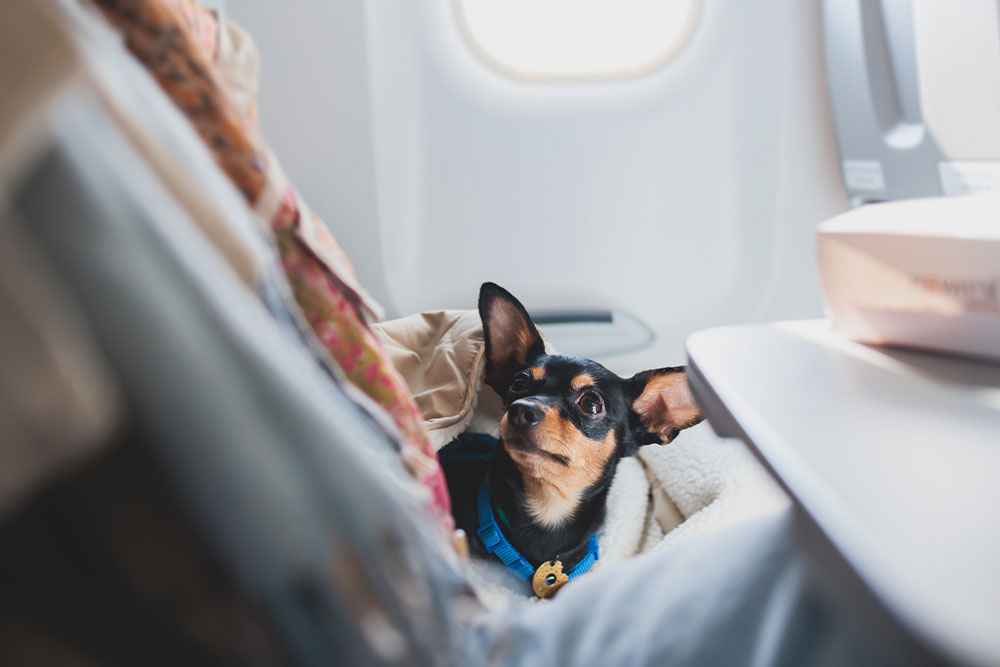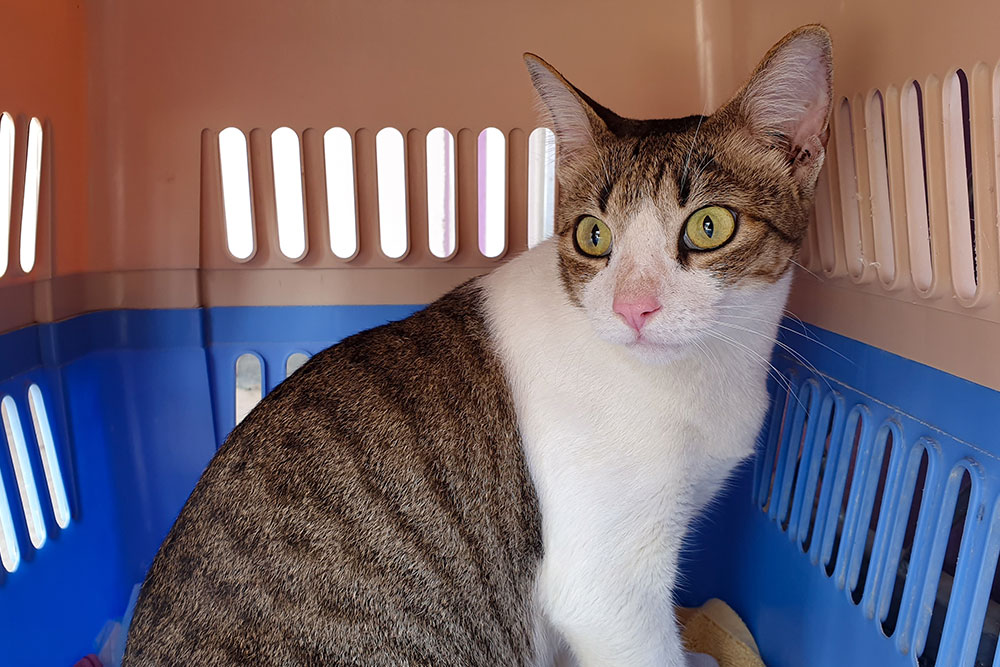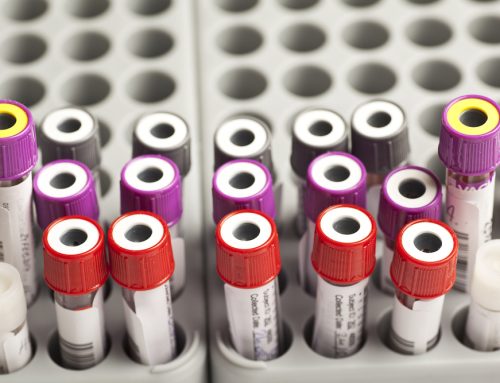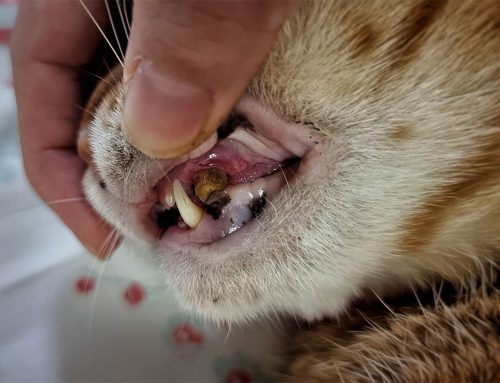Taking your pet along for the ride—whether it’s a cross-country adventure or a weekend away—can make for unforgettable memories. But when you’re on the road or exploring unfamiliar places, your pet is exposed to new environments, new animals, and new health risks.
At Caldwell Animal Hospital, our goal is to help you plan not just a fun trip, but a safe one. This guide outlines common travel-related diseases, what to watch for, and how to protect your pet before, during, and after your journey.
Why Travel Increases Health Risks for Pets
New Environments Mean New Hazards
Even the cleanest public spaces can harbor unfamiliar bacteria, parasites, or viruses that your pet may not have been exposed to before.
Regional Parasites and Pathogens
Diseases vary by region. Pets traveling to different climates may be vulnerable to local parasites they have no immunity against.
Increased Contact with Other Animals
From hotels and parks to boarding facilities and patios, more animal interaction increases the risk of contagious disease.
Contaminated Surfaces and Water
Public areas, including rest stops and trails, can carry pathogens. Drinking from lakes or puddles may seem fun to your pet—but it can result in serious illness.
Top Diseases and Health Threats While Traveling
1. Vector-Borne Diseases (Spread by Insects)
- Heartworm Disease
Transmitted by mosquitoes, heartworm is a serious condition that damages the heart and lungs.
Prevention: Monthly preventatives are essential—especially if you’re traveling to warmer regions.
Heartworm Prevalence Maps – CAPC - Tick-Borne Diseases
Ticks can spread Lyme disease, ehrlichiosis, and anaplasmosis, particularly in wooded or grassy areas.
Prevention: Use a veterinarian-recommended flea/tick preventative, and perform tick checks daily during travel.
2. Zoonotic Diseases (Transmissible to Humans)
- Leptospirosis
Transmitted through soil or water contaminated with infected urine, leptospirosis can cause kidney failure—and it can infect humans, too.
Prevention: Vaccinate and avoid letting pets drink from standing water.
Guide to Leptospirosis – AAHA - Rabies
Exposure to wild or unvaccinated animals increases risk. Rabies is fatal and zoonotic.
Prevention: Stay current on vaccinations. Avoid contact with wildlife.
3. Environmental Hazards
- Toxic Plants
Landscaping in unfamiliar places may include plants that are dangerous if ingested.
ASPCA’s Toxic Plant List - Blue-Green Algae
Found in lakes or ponds, this algae can be fatal if ingested. Even a quick splash can be dangerous.
Blue-Green Algae Risks – AAHA
4. Infectious Diseases from Other Animals
- Canine Parvovirus
Especially dangerous for puppies and unvaccinated dogs. Transmitted via feces-contaminated surfaces.
Prevention: Ensure full vaccination before traveling. - Kennel Cough (Bordetella)
Easily spread in areas like hotels, dog parks, or boarding facilities.
Prevention: Vaccinate and avoid close contact with coughing dogs. - Feline Respiratory Infections
Crowded or shared spaces increase the risk for upper respiratory illnesses in cats.
Prevention: Avoid stressful travel unless necessary and keep vaccinations current.
5. Waterborne Parasites
- Giardia and Cryptosporidiosis
These intestinal parasites are picked up by drinking or swimming in contaminated water.
Symptoms: Diarrhea, lethargy, vomiting
Prevention: Bring your own clean water and discourage puddle or stream drinking.
Travel Discomforts and Stress-Related Health Issues
Even when infectious disease isn’t a concern, travel itself can be physically and emotionally taxing for pets. Keep an eye out for these common, often overlooked issues:
Car Sickness
- Symptoms: Drooling, panting, whining, vomiting, pacing
- Prevention Tips:
- Avoid feeding your pet 4–6 hours before travel
- Use a well-ventilated crate or safety harness
- Ask your veterinarian about anti-nausea medication
Stress and Anxiety
- Triggers: Unfamiliar settings, loud noises, confinement, long travel days
- Signs: Whining, shaking, hiding, panting, restlessness
- How to Help:
- Bring familiar bedding or toys
- Use calming pheromones or vet-recommended supplements
- Talk to your vet about anxiety medications if needed
Stress Diarrhea
- Why It Happens: Sudden changes in environment, diet, or routine
- What to Watch For: Loose stool, frequent bowel movements
- Tips:
- Stick to your pet’s normal food
- Pack a bland diet (e.g., plain chicken and rice) for GI support
- Bring probiotic supplements or medications recommended by your vet
Decreased Appetite and Water Intake
- Why It Matters: Travel stress can cause pets to skip meals or avoid unfamiliar water
- What You Can Do:
- Offer familiar food in small amounts
- Use bottled water from home if your pet resists new water
- Monitor hydration by checking gums or skin elasticity
Before You Go: Prepare for a Healthy Trip
1. Schedule a Pre-Travel Checkup
- Confirm your pet is healthy and fit for travel.
- Review destination-specific vaccine and parasite prevention needs.
- Book your appointment at Caldwell Animal Hospital
2. Start/Continue Parasite Prevention
- Tick, flea, and heartworm preventatives should be current and active before your trip begins.
3. Update Travel Documentation
- Some states and airlines require health certificates or vaccine proof.
Pet Travel Requirements – USDA APHIS
On the Road: Smart Travel Safety Tips
Environmental Awareness
- Avoid letting your pet explore unknown plants or bodies of water
- Supervise closely to prevent interactions with wild animals
Wild Animal Encounters – AAHA
Protect Against the Heat
- Never leave pets in parked cars
- Travel early in the day or after sunset during warm months
- Pack plenty of water, shade, and rest breaks
Heat Safety Tips – AAHA
Pet Travel Emergencies: What to Do
- Find a Local Vet: Have a backup plan wherever you’re headed
- Take a First Aid Class: Learn the basics to buy time in emergencies
Red Cross Pet First Aid - Get Pet Insurance: A travel-related emergency can be costly
What Is Pet Insurance? – Pawlicy Advisor
Traveling With Pets Can Be Safe, Fun, and Stress-Free—With the Right Preparation
By staying ahead of both physical and emotional health risks, you help your pet enjoy the journey as much as the destination. Whether it’s their first big trip or one of many, planning ahead gives your pet comfort, confidence, and protection.
Before your next trip, let us help you prepare.
Visit our Services page or schedule your pet’s pre-travel checkup today.








Leave A Comment